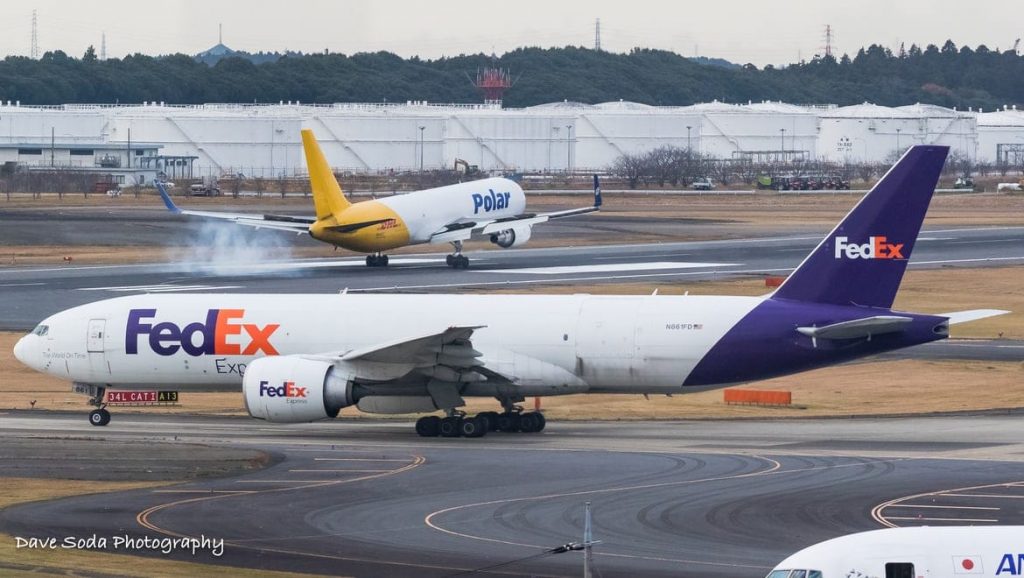
FedEx will add 150 flights over the next month to transport medical supplies such as masks, protective suits and other healthcare equipment to the US from China.
The business currently operates nine daily flights across the Asia-Pacific, but reactivated freighters will bring those operations up to 16 daily flights.
FedEx will also increase its domestic flights to meet higher package volume for the US Postal Service as Americans buy more goods online during the lockdown.
“It’s a tremendous uptick in flying. We were actually surprised we were able to crew all these flights,” FedEx chief executive Fred Smith told Bloomberg news agency in a telephone interview.
Air cargo traffic tends to lead the aviation industry as passenger traffic plummeted because of the global pandemic.
Air Freight market recorded negative growth in 2019. It contributed only 12 per cent of world airline revenue last year. It’s ironic that cargo traffic is now more robust than passenger traffic.
Cargo flights are not subject to the same restrictions as passenger flights since it’s crucial to keep supply chains open, particularly for food, medical supplies, and other essential goods.
However, more and more airline operators across the world apply to the national civil aviation regulators to carry cargo in the cargo holds of their passenger planes and even in the passenger cabins.
Israeli flag carrier El Al removed seats from some of its Dreamliners to transport more cargo in the passenger cabins. Air Canada has also removed seats from three Boeing 777-300ERs to use them as freighters.
In the absence of passenger demand, the belly spaces and passenger cabins of the aircraft are massive contributors to the global cargo capacity.
According to an analysis published by International Air Transport Association (IATA) on 31 March, the airline industry is expected to shrink by 68 per cent this year.
The report also said that 25 million jobs at are risk due to the global airline shutdown.
Story courtesy of Airlinerwatch.




